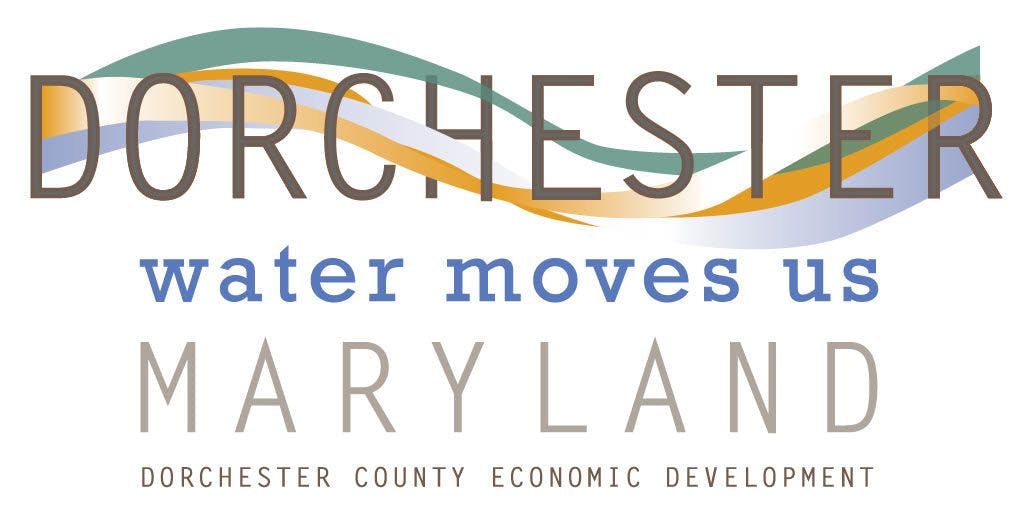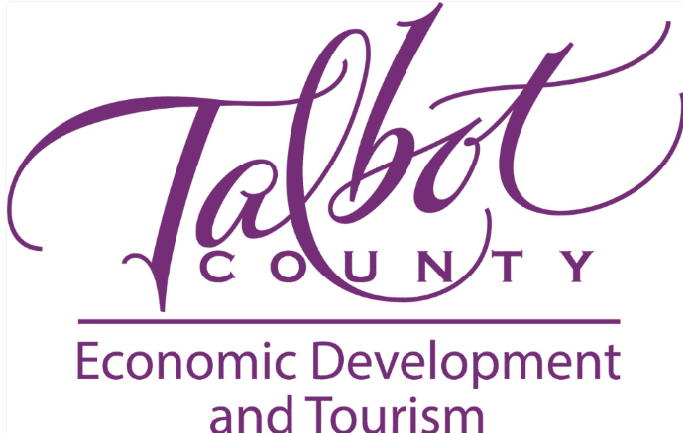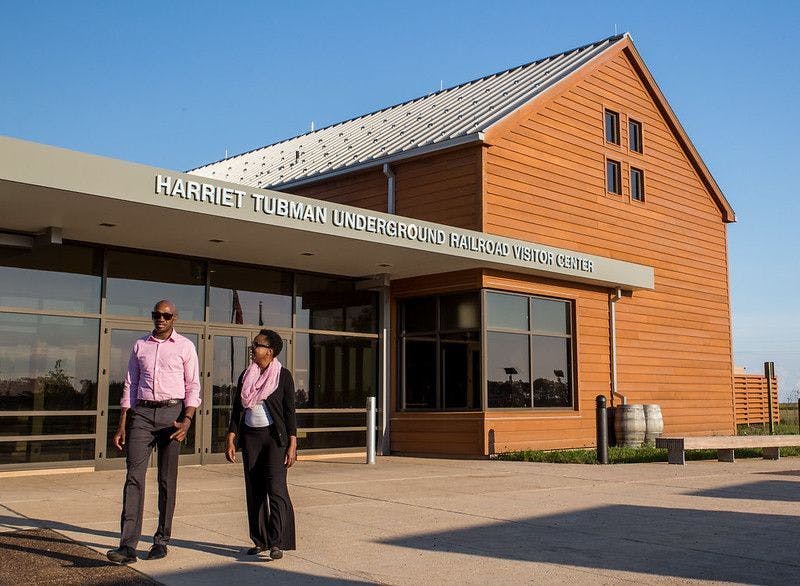



Regional Background
The Mid-Shore Region of the Eastern Shore of Maryland is facing significant economic challenges due to the diminishing economic returns in our natural resource-based industries and the loss of large manufacturing and food processing companies that have traditionally been the foundation of the local economy. In November 2002, Black and Decker announced that it would close its power tool manufacturing facility in Easton, Maryland by December 2003. Black and Decker employed approximately 1,250 people.
The economic impact was felt throughout the Mid-Shore Region of Caroline, Dorchester, and Talbot Counties and beyond. Therefore, local governments and citizens actively searched for opportunities to maintain viable agriculture and fishing industries and foster the development of new technology-based business clusters that would provide living wage jobs for the existing and future workforce.
The Comprehensive Economic Development Strategy (CEDS) process has been a valuable and timely venue for addressing our economic development needs.
Released December 2025, nationwide mini documentary of the Mid-Shore Regional Council, EDDs in Action.
EDDs in Action: Mid-Shore Regional Council is a video produced by National Association of Development Organizations (NADO) and National Association of Regional Councils (NARC), with funding from the U.S. Economic Development Administration.
While steady progress is being made the Mid-Shore economy still faces a myriad of challenges that include limited access to affordable high speed broadband services, a shortage of affordable housing, an inadequate supply of skilled workers, low per capita income, and more layoffs in the manufacturing sector.
The CEDS committee members recognize their work is just beginning.
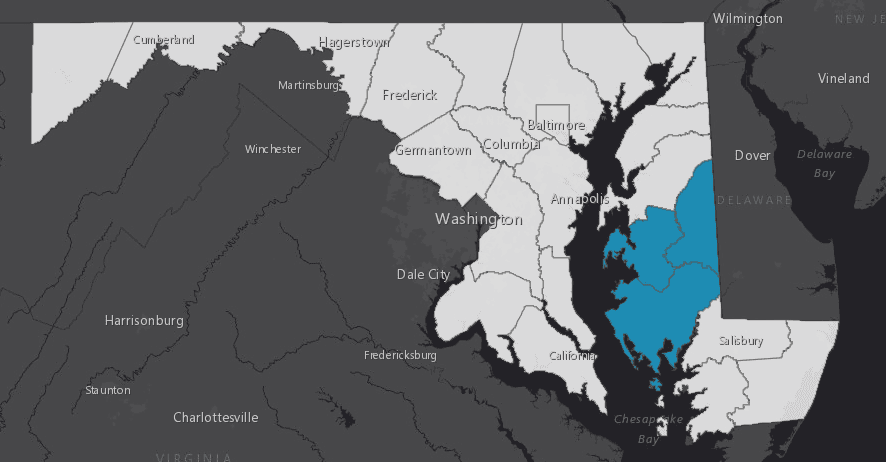
The Mid-Shore EDD serves a three county region including Caroline, Dorchester, and Talbot.
History
The initial CEDS combined the data, recommendations and conclusions from previous research and strategic plans:
- Governor’s Task Force Report on Economic Development for Maryland’s Eastern Shore
- Dorchester County CEDS
- Caroline County Overall Economic Development Program Plan (OEDP)
- Goals from the Talbot County Economic Development Commission.
These efforts defined the strengths and challenges of the Mid-Shore economy. The Mid-Shore CEDS committee used these resources to refine our regional economic development goals and identify industry clusters that are the focus for future projects that will mitigate the existing barriers to job creation, build essential infrastructure, and strengthen and diversify the Mid-Shore regional economy.

Committee
The Mid-Shore Regional Council (MSRC) is the lead agency in the CEDS process. The staff and Council members have established and maintain a committee to oversee the process. The MSRC Executive Director is the facilitator. To ensure that needs and interests from the entire community are included, the committee is comprised of stakeholders from the major business, education and civic groups.
The Committee includes representatives from private companies, local governments, agriculture, education, public health agencies, ethnic groups and women. These participants bring the skills, experience and the political will to the process that is necessary for successful program development and implementation. Each county appoints their CEDS representatives. The steering committee identifies and recruits other community leaders to ensure adequate representation and compliance with federal statutes. All members are volunteers and serve a term of one year. After one year they are given the option to continue or recommend a replacement that can represent their community’s interest.
Evaluation
The CEDS Committee meets twice a year to evaluate the planning process, review the status of implementation activities, and submit new projects. The CEDS document is updated once a year as required by the Economic Development Administration. The following outline reflects the committee’s evaluation procedure:
Evaluate Current Economic Condition
The Mid-Shore Regional Council will oversee the evaluation process with the CEDS Committee. The evaluation process will begin with a discussion of the economic situation in the region and how it has changed within the past year. Presentations on the status of the economic conditions of each county will be made by their Economic Development Directors. State information will be presented by an official of the Maryland Department of Commerce. Other statistical information will be obtained from various federal, state and local agencies.
Review goals and objectives
Based on changes in the local economy, the committee reviews the existing goals to insure that they reflect the region’s economic needs and conditions. Any modification of the goals requires a majority vote from the CEDS Committee. Each goal will be evaluated separately by the CEDS Committee using the worksheet in Appendix D. These worksheets will be completed by the Steering Committee and presented to the CEDS committee for review and potential modifications.
Review current/ongoing and new projects for consistency with revised goals.
All of the current projects are discussed in regard to meeting identified goals and objectives.
- Determine the success of each completed project in terms of meeting the identified goals.
- Review the progress of current projects, and add new projects to the document after reviewing them for consistency with the goals.
- Apply the approved prioritization criteria to adjust the rating for the projects and programs
- Review the level of public involvement and education
Partners and Resources for Economic Development
The following is a list of the agencies and organizations that are partners for economic development. All the partners provide a range of expertise and are available to assist in the implementation of the CEDS.
- Economic development offices
- Public Works
- Departments of Social Services
- Tourism Departments
- Planning Departments
- Boards of Education
- Office of Planning
- Tourism Office
- Department of Labor
- Department of Commerce
- Department of Housing and Community Development
- General Assembly
- Governor’s Office
- Department of Agriculture
- University of Maryland Extension Service
- Department of Natural Resources
- TEDCO
- Economic Development Administration
- U.S. Department of Agriculture Rural Development Administration,
- Small Business Administration
- Department of Commerce
- Federal Highway Administration
- Environmental Protection Agency
- Federal laboratories
- Community Action Agencies
- Chambers of Commerce
- Rural Development Center, University of Maryland Eastern Shore
- Local Banks
- Local Management Boards
- Watermen’s Associations
- Delmarva Community Services, Inc.
- Local Colleges and Universities
- Farm Bureaus
- Foundations
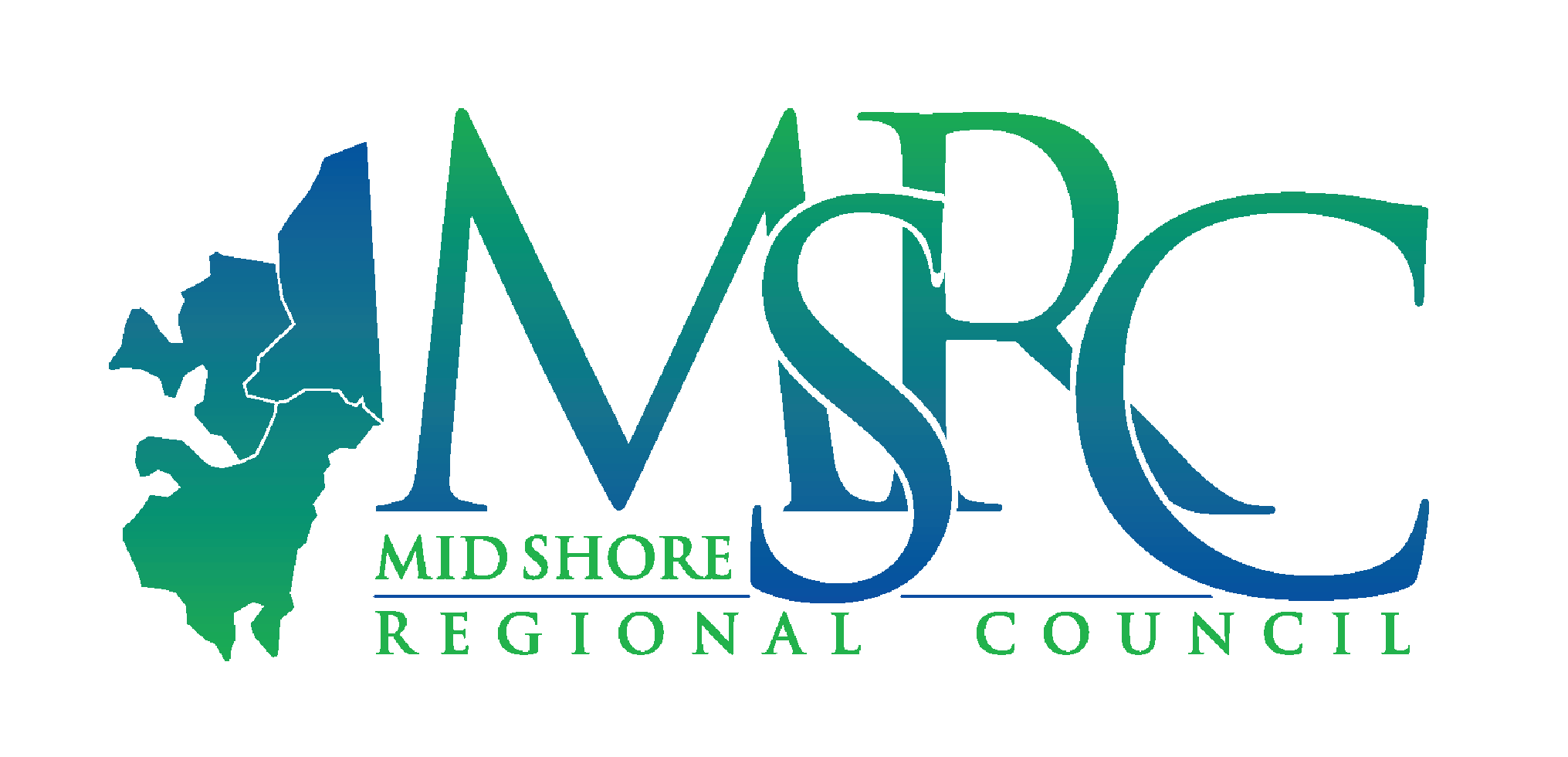
A significant resource is the staff expertise at the region’s County Economic Development Departments and the Mid-Shore Regional Council. These partners have diverse backgrounds in the private sector and all levels of government. They serve as subject matter experts on a variety of advisory boards in the region including the CEDS Committee.
The various grant and loan programs will be an essential source of funding assistance in carrying out the CEDS activities. Technical assistance and financial support will be accessed in order to realize goals. The Region plans to utilize all available funds from the Economic Development Administration and Rural Development Administration, Maryland Department of Commerce, and the Maryland Department of Housing and Community Development to carry out CEDS activities and to achieve CEDS goals. Additionally, tax credits and funding matches through various state and local governments are essential in implementing the plan.
